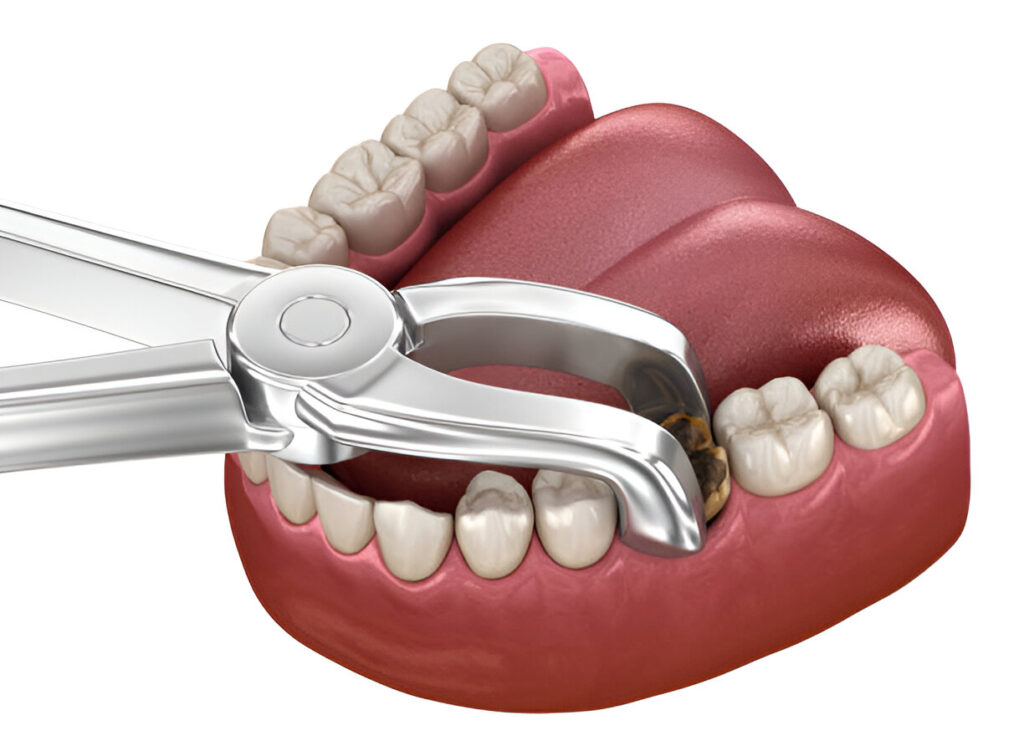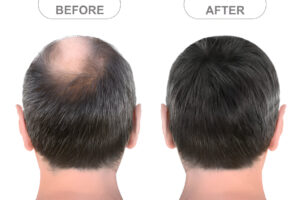Wisdom tooth extraction is a common dental procedure that many people need when their third molars cause pain, swelling, or infection. The removal process depends on several factors, including the position of the tooth, the method of extraction, and post-procedure care. If a wisdom tooth is impacted or growing at an angle, it may require surgical removal. Understanding the procedure, recovery, and aftercare can help you prepare for the treatment. This guide explains everything you need to know about wisdom tooth removal in Dubai.
Why Do Wisdom Teeth Need to Be Removed?
A polyclinic in Dubai offers a range of dental services, including wisdom tooth extraction when necessary. Wisdom teeth may not always need removal, but when they cause pain, swelling, or crowding, extraction is recommended. Impacted wisdom teeth, which lack space to grow, can lead to infection, gum disease, or damage to nearby teeth. In some cases, wisdom teeth develop cavities due to their hard-to-reach position, making them difficult to clean. If a wisdom tooth pushes against other teeth, it can cause misalignment. Removing problematic wisdom teeth at a polyclinic in Dubai helps prevent complications and improve oral health.
Which Composite Filling Is Best?
Types of Wisdom Tooth Extraction
There are two main types of wisdom tooth extraction: simple extraction and surgical extraction. A simple extraction is performed when the wisdom tooth has fully erupted. The dentist loosens the tooth and removes it with forceps under local anesthesia. A surgical extraction is needed for impacted teeth that are trapped in the gums or jawbone. The procedure involves making an incision, removing bone, and sometimes cutting the tooth into sections. General anesthesia or IV sedation may be required for surgical extractions.
What to Expect During Wisdom Tooth Removal?
Before the procedure, your dentist will take an X-ray to determine the position and condition of the wisdom tooth. During the extraction, you will be given local anesthesia, IV sedation, or general anesthesia, depending on your comfort level. If it is a simple extraction, the dentist will loosen and remove the tooth in about 20–30 minutes. For surgical extractions, an incision is made in the gum, and the tooth may be cut into smaller sections before removal. The procedure usually takes 30–60 minutes, and stitches may be placed to aid healing.
Recovery and Healing Time
The recovery period depends on whether the extraction was simple or surgical. Most simple extractions heal within 3–5 days, while surgical extractions take about 7–10 days. Swelling and mild discomfort are normal for the first 48 hours. The blood clot that forms in the socket is crucial for healing, so it is important to avoid disturbing it. Full recovery may take a few weeks, but patients can resume normal activities within a few days. Following post-operative care instructions can help speed up healing and reduce complications.
Post-Procedure Care and Aftercare Tips
Proper aftercare is essential for a smooth recovery. Patients should rest for at least 24 hours and avoid strenuous activities. Applying ice packs to the cheek can help reduce swelling and discomfort. It is recommended to eat soft foods like yoghurt, mashed potatoes, and soup for the first few days. Avoid smoking, using straws, or rinsing aggressively, as this can dislodge the blood clot and cause a painful condition called dry socket. Gentle brushing and rinsing with salt water after 24 hours can keep the area clean and prevent infection.
What is the Difference Between a Cap and a Crown?
Different Types of Anesthesia for Wisdom Tooth Removal
There are three main anesthesia options for wisdom tooth removal: local anesthesia, IV sedation, and general anesthesia. Local anesthesia is the most common and keeps you awake but pain-free. IV sedation makes you drowsy and relaxed, ideal for anxious patients. General anesthesia is used for complex cases where the patient is completely unconscious. The choice of anesthesia affects the overall procedure, so it is best to discuss options with your dentist based on your comfort level.
Final Thoughts
Wisdom tooth extraction is a routine dental procedure that helps prevent pain, infection, and overcrowding. The recovery process varies depending on whether the extraction is simple or surgical. Following proper aftercare and post-operative instructions will ensure a smooth healing process. If your wisdom teeth cause pain or infection, consult a dentist for a proper evaluation. Taking care of your oral health now can prevent serious dental problems in the future.
Get Expert Wisdom Tooth Removal at YAH Polyclinic
If you’re experiencing pain, swelling, or discomfort from your wisdom teeth, YAH Polyclinic is here to help. Our experienced dental specialists provide safe and effective wisdom tooth extractions using the latest techniques for a comfortable experience. Whether you need a simple removal or a complex surgical extraction, we ensure a smooth procedure and quick recovery. Don’t let wisdom tooth pain affect your daily life—book your consultation today at YAH Polyclinic and get the expert dental care you deserve! Call now to schedule an appointment.
FAQs About Wisdom Tooth Extraction in Dubai
How long does wisdom tooth removal take?
A simple extraction takes 20–30 minutes, while surgical extractions may take up to an hour or more, depending on the complexity.
Can I eat after wisdom tooth extraction?
Yes, but start with soft foods like soup, yoghurt, and smoothies. Avoid hard, crunchy, or spicy foods for the first few days.
How painful is wisdom tooth removal?
The procedure itself is painless due to anesthesia. Mild pain and swelling may occur afterward, but pain relievers and ice packs help manage discomfort.
When can I return to work after wisdom tooth removal?
Most people return to work or school within 2–3 days, but for complex surgical extractions, it is best to rest for 5–7 days.
What happens if I don’t remove my wisdom teeth?
Ignoring problematic wisdom teeth can lead to pain, infections, crowding, and cysts, which may require more complicated procedures in the future.





